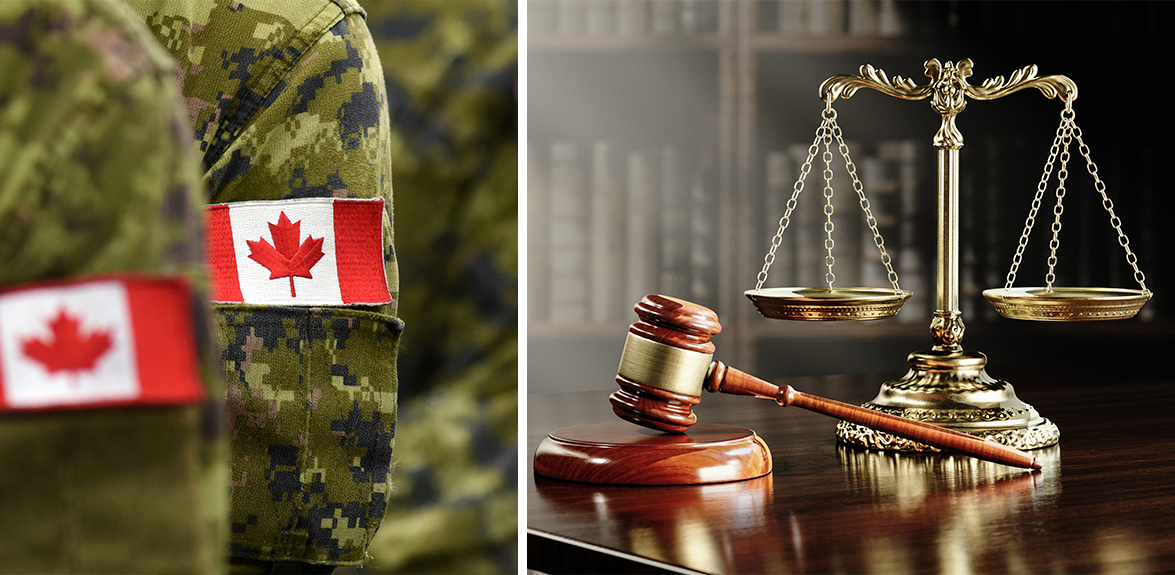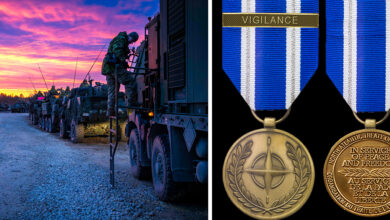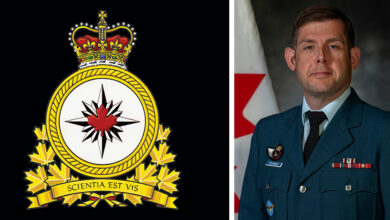Policy
Significant Changes to Military Justice at Unit Level Policy Expected
Significant changes are expected to the Military Justice at the Unit Level Policy (MJUL Policy) with the release of the MJUL 2.0 this spring.
The policy was released in April and offers new guidance on areas such as how to pursue service infractions, how to interact with victims, and how to deal with those given the service infractions.
“The military justice system (MJS) is fundamental to the maintenance of discipline, efficiency and morale of the Canadian Armed Forces (CAF). The creation of the summary hearing system was a significant change to the MJS.
“The Military Justice at the Unit Level Policy plays a vital role in assisting those members who perform duties or carry-out responsibilities within the MJS, whether prescribed or by virtue of being a part of the chain of command, in addressing misconduct at the unit level,” said BGen. R. Holman, JAG of the CAF, in a statement released within the policy.
Updates Necessary
According to CANFORGEN 048/24, the updates to the MJUL policy are necessary and part of the “continuous modernization of the military justice system.” The changes also assist the chain of command in carrying out military justice at the military level.
The changes are being enforced after 18 months of observing the new summary hearing process being operationalized and consultations with the Department of National Defence and Canadian Armed Forces conducted, according to the CANFORGEN.
The updates were signed off by the Chief of the Defence Staff, Gen. Wayne Eyre, and the JAG of the CAF.
Dealing with Victims and Offenders
The new policy outlines how to interact with both victims and offenders. It provides guidance for appropriate military justice authorities and victims on the declaration of victims’ rights and the interactions of victims with the military justice system.
The policy also ensures that those accused of misconduct, charged or found guilty are afforded procedural protections while also ensuring the allegations and charges are dealt with as “expeditiously” as possible, says the JAG.
“Importantly, this policy provides direction and guidance for military justice authorities concerning their interactions with both victims of service offences (Annex B) as well as persons affected by service infractions (Annex C). Rights and entitlements must be respected and people must be supported,” said the JAG.
Elements of Service Infraction
The policy also significantly outlines elements of the service infraction to assist authorities with guidance on investigations, charge laying, and making of findings and grounds for review. The policy also outlines guidance on “the pre-charge phase, including investigations; charge laying; the summary hearing process; the review process; and post-hearing administration.”
A form is also provided to those in authority to use when “providing disclosure” to a person charged with a service infraction.
Updates to the MJUL training are also expected to correspond with the new policy. Those with questions or comments about either official language version of this policy can email here.









